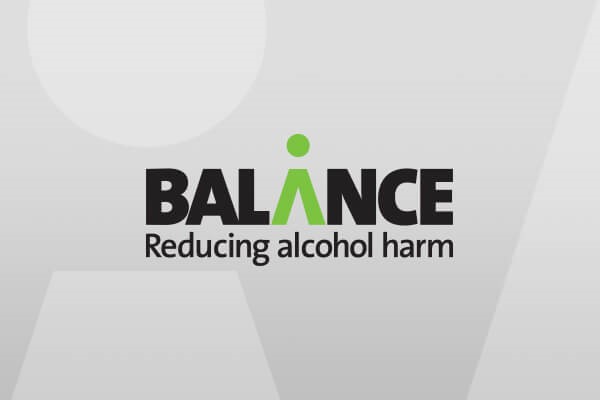Alcohol harms kids’ brains and futures
Heavily marketed alcohol is damaging school performance and threatening the future of children in the North East.
Research shows that drinking alcohol undermines the young brain’s ability to learn and is linked to lower GCSE scores. Evidence also links alcohol marketing with children and young people drinking at an earlier age and in greater quantities.
Balance, the North East Alcohol Office, is campaigning for greater restrictions on alcohol marketing to protect children and young people. The campaign has today (10 July) been backed by the National Union of Teachers (NUT).
Ian Grayson, Divisional Secretary with the Newcastle branch of the NUT, knows the effects alcohol can have on young people’s ability to do well at school. He is encouraging his members to support Balance’s See What Sam Sees campaign.
Ian, who is also National Executive Member for Tyne and Wear said: “Obviously consuming alcohol will have detrimental effects on a young person’s ability to do well at school. If concentration span and memory are compromised, they will find it much more difficult to achieve success.
“Any poor behaviour as a result of drinking will undoubtedly be disruptive for teachers and this will then have an impact on other students in the class who do not drink. I would urge all NUT members to support Balance’s campaign to reduce alcohol marketing and advertising to children and young people in order to safeguard their futures.”
The NUT’s backing comes just weeks before thousands of teenagers across the North East learn how well they’ve done in their GCSE exams.
The campaign has also been backed by organisations that work with young people who’ve experienced problems with alcohol.
Melanie Soutar, Manager of Matrix young people’s service, said: “Children and young people are still developing and more importantly the part of their brain responsible for behaviour and emotions is also developing. Alcohol can seriously affect a young person’s mood – they have far less motivation and their emotions are also affected, often leaving them feeling low .
“Alcohol has a significant impact on sleep patterns. Even if young people only consume alcohol at the weekend they can still be restless and tired as a result of this, which will obviously affect their performance during the week. Alcohol consumption also leads to poor decision making and risk taking behaviour, making young people even more vulnerable and more likely to smoke, take drugs and have unprotected sex.”
Research shows that teenagers who drink damage their white matter, meaning they do worse in memory and thinking tests, and they don’t need to consume much alcohol before it starts to have an impact.
Drinking also impairs the grey matter, reducing the size of the hippocampus, which is the part of the brain linked to learning and memory formation.
A study by the British Government shows that drinking alcohol was associated with lower GCSE scores and being not in education, employment or training (NEET).
Colin Shevills, Director of Balance, said: “Although the number of young people choosing not to drink is increasing, the North East has the highest number of year ten pupils who consume seven or more units in an average week. We know this very consumption is in part driven by alcohol marketing, which encourages our children to believe that alcohol will make them successful, attractive and popular.
“This is extremely worrying and needs to stop. We don’t want our young people compromising their education and risking damaging their future potential. The choices they make now will affect the rest of their lives.
“Thousands of people across the North East have already realised this and backed our campaign. I would urge anyone who wants to protect children and young people to sign our petition today.”
The petition, which can be signed at http://www.balancenortheast.co.uk/our-campaigns/see-what-sam-sees/ calls for regulations to:
- prevent alcohol ads from targeting children and young people
- prevent alcohol ads from being shown on TV and in the cinema for under 18 certificate films
- prevent alcohol marketing through social networking sites
- prevent alcohol sponsorship of sporting and youth events.
